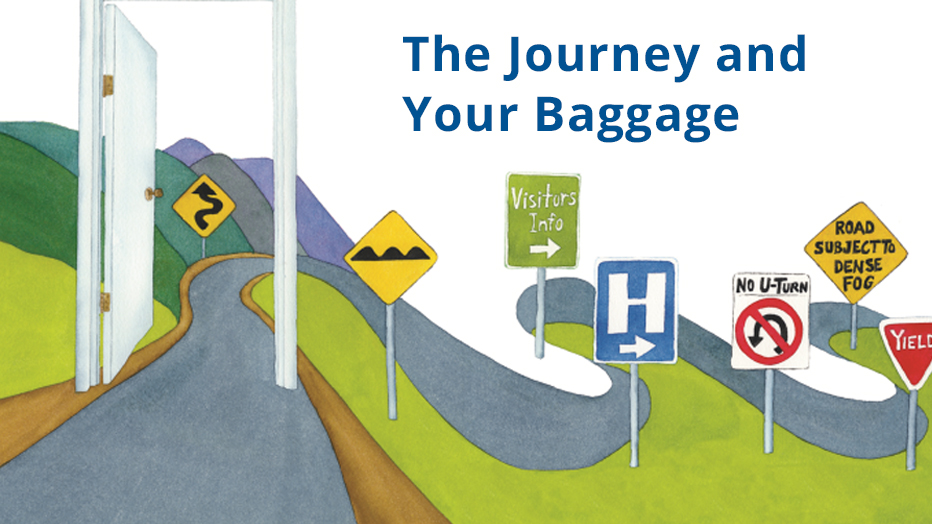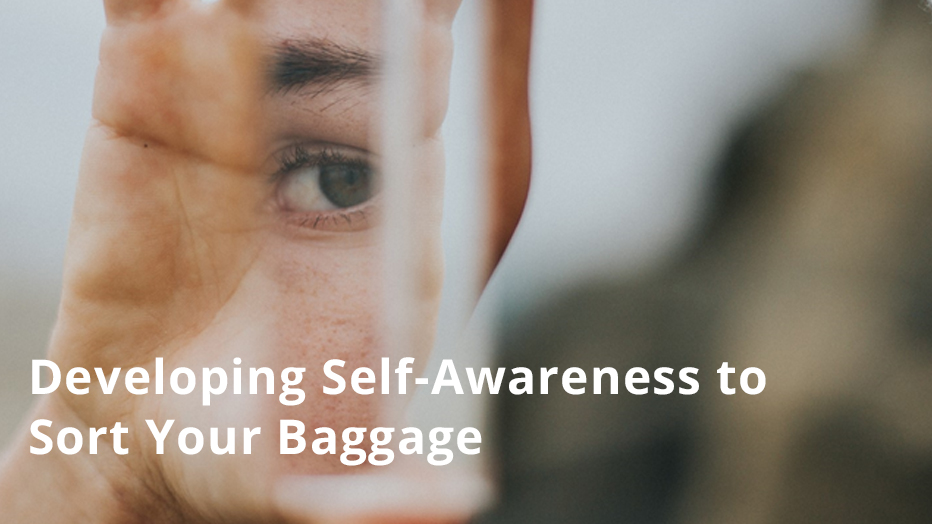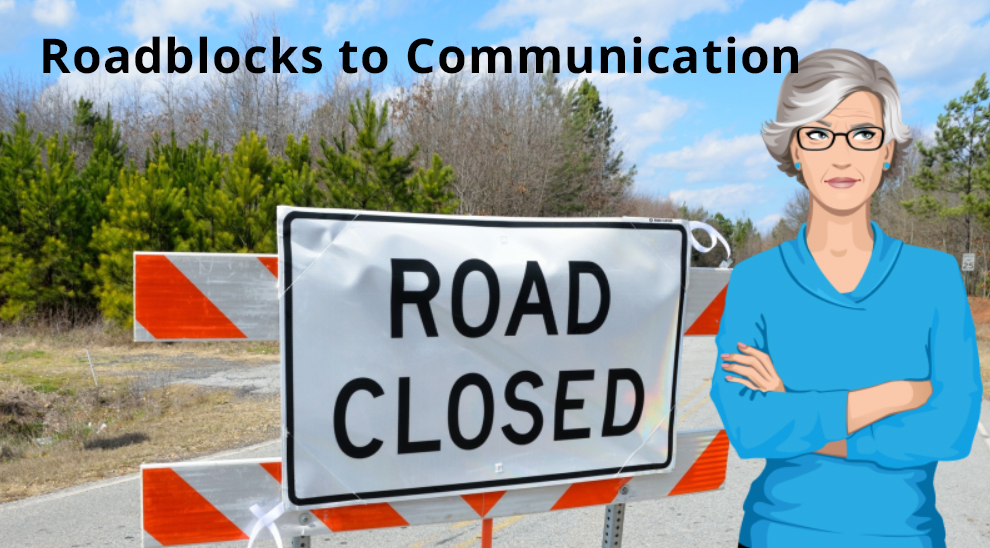Google Chrome is the recommended internet browser for these courses.
Individual course certificates of completion can be downloaded from the MY COURSES page after passing the quiz with a grade of 70% or higher.
Module 1: Course Overview and Beliefs About Death and Dying
This module introduces the learning outcomes for the course. Learning begins by exploring beliefs and death and dying.

This course starts off by presenting learning outcomes for the course, and then launches directly into a reflective activity, where you'll consider your beliefs, values, and opinions about death and dying, and caring for a dying person.
If you are a new learner, you can access the orientation and navigation tutorial in this module to help you find your way around.
Module 2: The Journey and Your Baggage
Consider that dying may be a journey and that as a caregiver, you need to decide which baggage you can take on this journey.

You are invited to consider dying as a journey.
Through this lens you will learn about your role as a personal support worker (PSW) or health care assistant (HCA) in providing care for a dying person and their family.
Explore the meaning of the term "baggage" as it applies to your beliefs, values, and opinions, and discover why a person's baggage can interfere with the care they are able to provide.
Module 3: Developing Self-Awareness to Sort Your Baggage
Build skills to become aware of your baggage and to know what to take with you when providing care.

Developing your self-awareness is key to being aware of your beliefs, values and opinions when providing care.
Self-awareness is essential for all health care providers, so they can provide culturally safe, trauma informed, unbiased care for any person.
Learn how to recognize your baggage, and develops skills for exploring your baggage as integral part of your role as a provider of palliative care.
Module 4: Best Practices for Communicating in Palliative Care
Explore these best practices in communicating to know how to communicate and connect when providing care.

Add to your caregiver's toolkit with these best practices for
providing palliative care. Based in research and practice, these best practices are the foundation for connecting and communicating with the dying person and family.
Developing these skills and behaviours into your practice will help you to support, communicate, and connect with any dying person and their family.
Module 5: Roadblocks to Communication
Sometimes we can say things that can prevent others from feeling they can share information. These are roadblocks and, as a care giver, it will help you to know how to avoid the roadblocks to communication.

Roadblocks to communication can shut down conversations and communication between the person and the care team fast as you can whistle! Just like a block in the
road, everything stops.
Learn what to say instead of these roadblocks and be able to establish trust and
respect in the relationship with the person and family you provide care
for.
Module 6 Course Quiz
Welcome to Module 6: Course Quiz!
Requirements: 70% or greater to pass the course.
3 opportunities to pass the quiz.
The answer key is shown only after you have passed the quiz.
Check here before starting the quiz
Have you viewed, or clicked on all slides of all modules?
If you have missed any slides, the quiz will NOT be graded.
You will know you have missed slides if you submit the quiz for grading, and you do not get a grade for it within minutes.
How to fix this
- Go back into the modules, select "Menu" in the top left . This view displays all the slides in the module.
- A viewed slide will have a check mark beside it .
- If a slide does not have a check mark beside it, click the title to set it as viewed. A check mark will appear.
- Repeat this process for all modules of the course.
- When finished, open the quiz module. You will now be able to submit the quiz for grading.
Good luck!